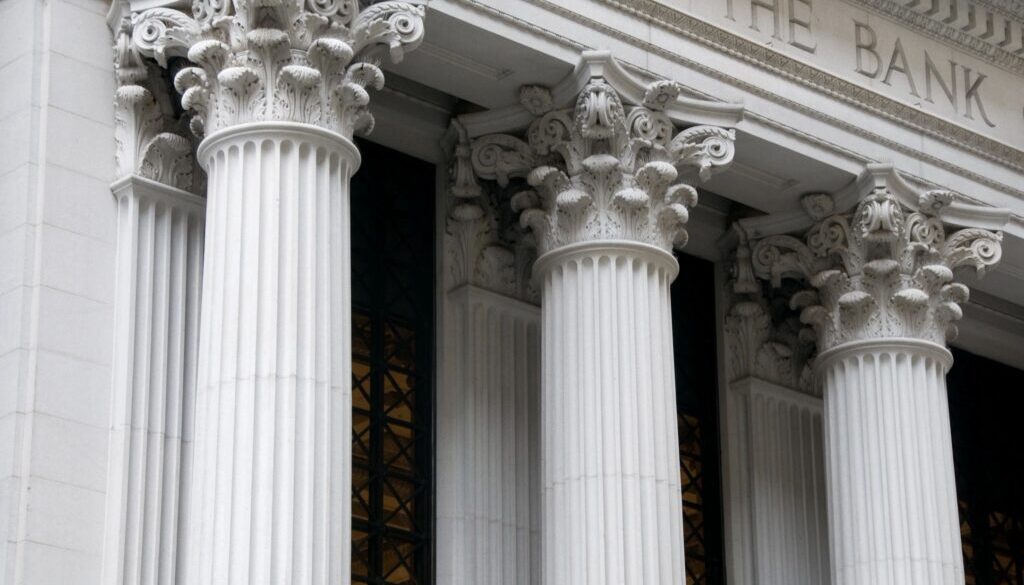When a bank fails, what happens to your savings? Learning About the FDIC’s Functions
Due to regulatory concerns, Silicon Valley Bank’s (SVB) branch in California recently closed, leaving many of its customers wondering what would happen to their deposits. This article will explain the FDIC’s history, mission, and role in protecting depositors in the event of a bank failure.
What is FDIC?
In 1933, as a direct result of widespread bank failures caused by the Great Depression, the Federal Deposit Insurance Corporation (FDIC) was established. It provides consumers with the peace of mind necessary to deposit their money at any of the thousands of banks across the country.
There are two factors that determine whether or not you are eligible for FDIC insurance on your deposits:
- Whether or not the financial product you have selected is a deposit product, and
- Whether or not your bank is FDIC-insured.
Deposits up to $250,000 per depositor at each FDIC-insured bank are protected. Checking, savings, money market, and certificate of deposit accounts are all covered. The FDIC’s insurance does not apply to investment securities like stocks, bonds, mutual funds, and annuities.
When a bank fails, the FDIC takes over and guarantees depositors’ money. If a bank fails to meet its financial obligations, its depositors will still be reimbursed up to a certain limit. Depending on the situation, the FDIC may sell the failed bank to another institution or liquidate its assets and return insured deposits to depositors.
What is the FDIC’s mission?
The FDIC’s mission extends beyond simply issuing insurance policies; it also includes ensuring the financial stability of the banking industry as a whole. It does this by regularly checking the health of insured financial institutions and making sure they follow banking rules. The FDIC also advises financial institutions on risk management and fiscal health.
Conclusion
With the recent closure of SVB’s California branch, it’s important to remember the value of deposit insurance. The FDIC is essential as it ensures depositors are protected in the event of bank failure and works to improve the overall security of the banking system. It works to protect depositors and promote safe and sound banking by insuring financial institutions and promoting good banking practices.




